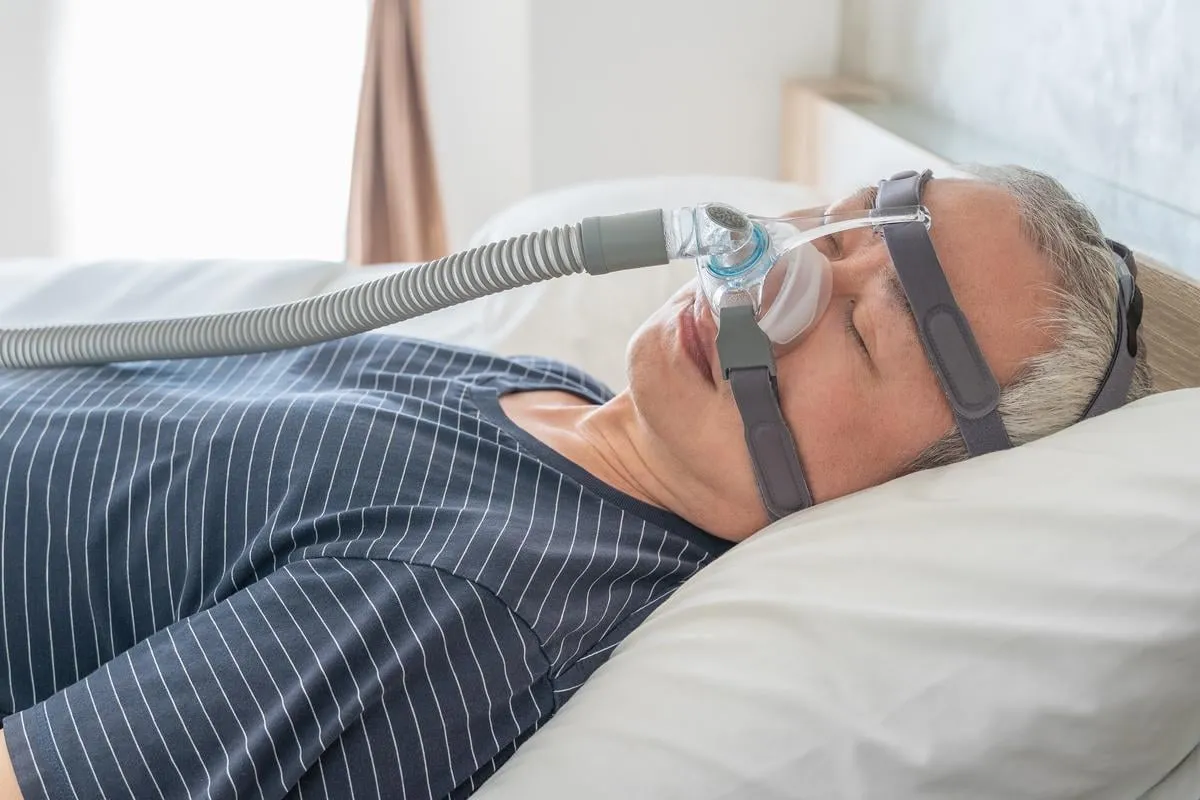Exploring News on Sleep Apnea Treatments and Innovations

New Research on Sleep Apnea
TUESDAY, Sept. 10, 2024 (HealthDay News) -- A European epilepsy drug could be an effective treatment for sleep apnea, a new study suggests.
Key Findings
- Patients taking sulthiame had fewer pauses in breathing during sleep.
- Clinical trials reported a 40% to 50% improvement in apnea symptoms.
- Further studies are essential to affirm these findings.
According to researcher Jan Hedner from Sahlgrenska University Hospital, patients using sulthiame experienced better breathing, higher blood oxygen levels, and diminished daytime sleepiness. This could be invaluable for those unable to use conventional methods like CPAP machines.
Study Overview
Involving nearly 300 patients across several European countries, the study found that sulthiame effectively reduced sleep apnea symptoms compared to placebo. Mild to moderate side effects were recorded, including headaches and fatigue. Despite promising results, Hedner emphasizes the necessity for more extensive trials.
Expert Opinions
Professor Sophia Schiza remarked, “The results are encouraging, but we must continue testing to understand the long-term effects of sulthiame on sleep apnea patients.”
Note that these findings are preliminary, as they have yet to be published in a peer-reviewed journal. For detailed information, visit the National Institutes of Health’s resources on sleep apnea.
Disclaimer: The information provided on this site is for informational purposes only and is not intended as medical advice. We are not responsible for any actions taken based on the content of this site. Always consult a qualified healthcare provider for medical advice, diagnosis, and treatment. We source our news from reputable sources and provide links to the original articles. We do not endorse or assume responsibility for the accuracy of the information contained in external sources.
This article was prepared using information from open sources in accordance with the principles of Ethical Policy. The editorial team is not responsible for absolute accuracy, as it relies on data from the sources referenced.